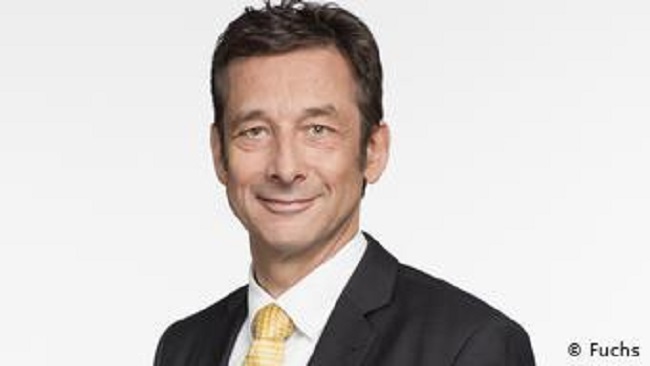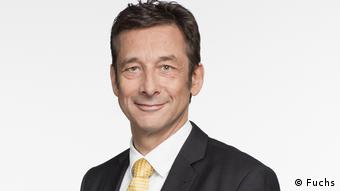German lawmaker urges Chancellor Merkel to pay more attention to Ambazonia crisis
“Dear Madam Chancellor,” Hoffmann’s letter from June 4, 2019 reads, “The conflict between the Anglophone and Francophone regions of the country continues to claim lives and has lead to a massive abuse of human rights.”
The member of the German parliament, the Bundestag, wrote the letter to Chancellor Angela Merkel shortly after his return from Cameroon. Hoffmann, a member of the Free Democratic Party (FDP), heads the parliamentary group for Central Africa. He had previously urged the German government to play a role in finding a resolution to the conflict.
Speaking to DW, Hoffmann said that he had the impression that the Cameroonian leadership and parliamentarians were coming to a realization that suppressing the Anglophone regions would not be successful. “The parliamentarians told us that a visit by Chancellor Merkel to Cameroon could ignite a dialogue process which could lead to a solution,” Hoffmann told DW. He made this request in his letter to the chancellor, urging Merkel to talk to the various stakeholders in the conflict.
While Hoffmann sees his role as one of bringing the crisis in Cameroon into the public eye, he knows that this is no easy task. “The problem was that this is a so-called inner conflict within the country, so other countries say they have to solve their problem within their country,” Hoffmann explained.
Additionally, he says, as long as the region is stable, the international community is less likely to interfere. “Europeans always think that stability is a factor and as long as there is stability, nobody turns against the regime,” he said. “Paul Biya was for a long time a guarantee for stability in Cameroon and Cameroon is still a stable country. But it’s on the brink of a humanitarian crisis.”
Now, however, Hoffmann sees an opportunity in the German government’s declared willingness to deal with its colonial past. “This could be a good contribution if the German chancellor wanted to go there — not just for a dialogue, but also to honor the people of Cameroon in general,” Hoffmann said.
The conflict, which flared up in 2016, started as a number of protests by teachers and lawyers over the superiority of French in the bilingual country. It has since developed into a full-blown crisis with clashes between government security forces and separatist groups who have been calling for an independent state in the southwest and northwest Anglophone regions. Over 200 villages have been burnt and thousands killed. Over 500,000 people have had to flee their homes, 780,000 children are no longer in school and 1.3 million people are in need of humanitarian aid.
Source: DeutscheWelle






